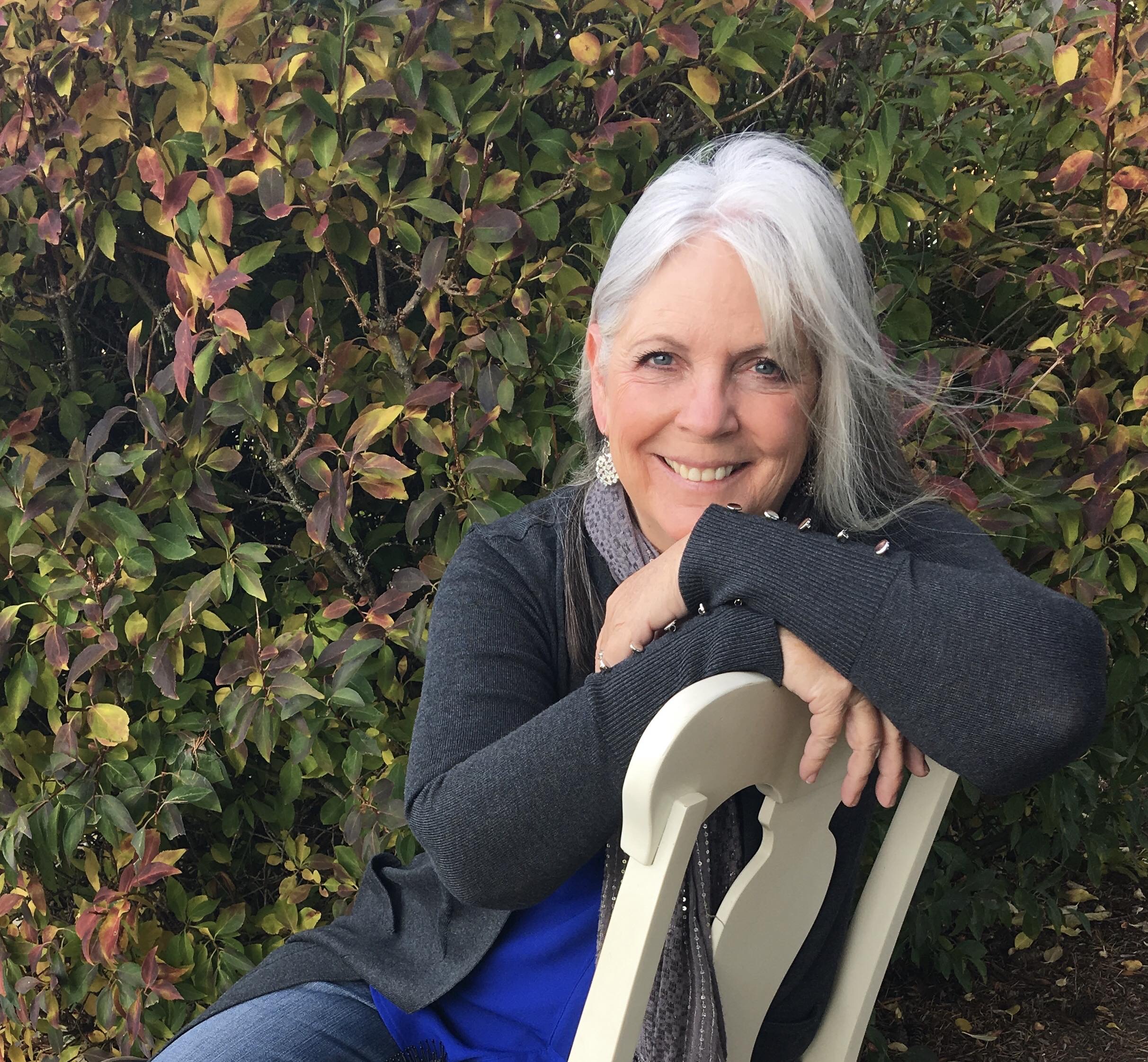How Writing a Memoir Changed My Life
I didn’t initially plan to write a memoir. I started with a collection of essays that led me down the dusty roads of my past. I wanted to write about the good times — trips to the park with my sons when the cool air made ghosts of our breath. I wanted to write about beautiful vacations, homemade cakes on birthdays and Christmas morning smiles. But that’s not a memoir, is it? It’s more like a Hallmark card.
I found myself digging deeper. I learned how to write a memoir outline. But the greater lessons were the ones that changed my life.
What it Means to Write a Memoir
There were low points: Writing about your personal pain can be overwhelming, and sometimes the process can reopen old wounds. But writing a memoir means capturing the good times as well as the bad, and for some authors, it’s just not a good idea. It can be too much. In my case, however, I found that looking back helped me gain clarity and see lessons and even blessings that I hadn’t seen when I lived those moments. The journey ultimately aided my healing.
Writing a Memoir Means Reliving Painful Memories
Among the most painful experiences I wrote about in my first memoir Petals of Rain were the days leading up to and after my divorce. I recalled the nights I lay trembling and sobbing in my bed. My ex’s infidelity had left a gaping wound that bled the best of me — my courage, my self-confidence, my belief in the future itself. I wondered who would ever love me again and why?
But writing a memoir about those years reminded me of the outcome—my recovery from toxic relationships.
When You Write a Memoir, You See The Past From a New Perspective
While memoirs must have clear themes, they allow you to highlight certain aspects of your life that worked together to shape your personal story. I wrote about my son’s ADHD, ODD, bipolar disorder, and when he drank bleach and landed in a psychiatric center. Those incidents sent me plunging into the depths of his pain. I wondered how my motherhood journey had become so frustrating, suffocating, terrifying, humbling and perilously unpredictable.
But I loved him through it, and I know now how the dark beginning led to a brighter end.
It’s was difficult to revisit these memories. Difficult but necessary. This is what it means to write a memoir, to unpack the past and give voice and meaning and order to all of the chaos. Every obstacle was part of my narrative, a stone that shaped my life path.
How to Write a Memoir:
The past tells the story of the present, so as I wrote, I sat with my younger self and listened to the cries of my heart. I honed memories into scenes, ideas into themes until the natural story arc emerged. I relished the good days when my sons were little boys, offering me grimy dandelions, which I stuffed into plastic cups to display on the kitchen counter. As I wrote, I thought, There she is. She didn’t know then how precious those weeds really were.
Other days, I recounted tales of loss, abuse, neglect, betrayal, and heartbreak. Writing a memoir means mining it all. Life is both painful and beautiful, a pendulum that never stops swinging.
Not long after publishing my first memoir, I experienced a trauma that led to my mother wound book. I treasured the process of creating something tangible, something to accept and embrace, something to give to my sons and to the world — a reminder that we are not alone, that pain is sometimes just a season. Although healing can be a lifelong journey.
What’s your story? Are you ready to take the leap and write a memoir? Check out how I landed a book publishing deal, and use these tips to help you get the process started.
Sign up here to be added to my readers’ list and to enter my monthly book drawings.





